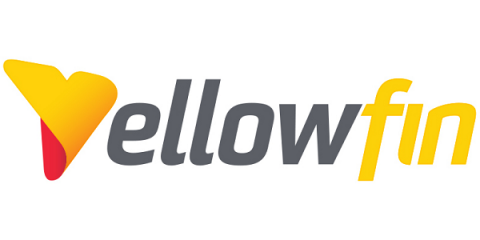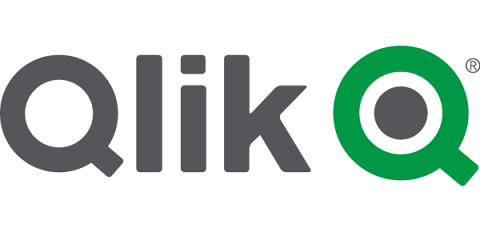The Impact of AI on the Data Analyst
The introduction of AI, automation and data storytelling to the world of analytics has not only had an immediate impact on the end users of analytics but also the people that work in the field. While many analysts may fear they will be replaced by automation and AI, CEO of Yellowfin, Glen Rabie, believes that the role of the data analyst will increase in significance to the business and breadth of skills required.






